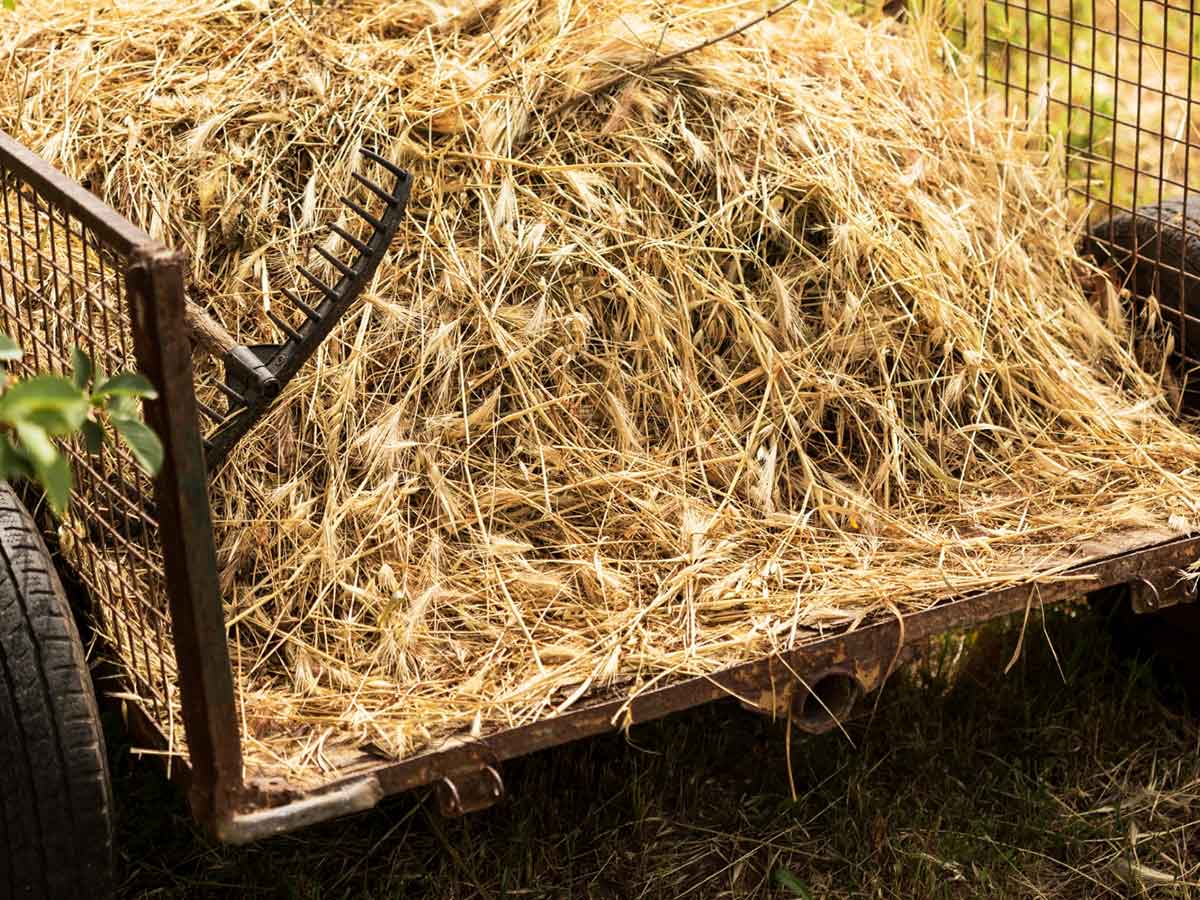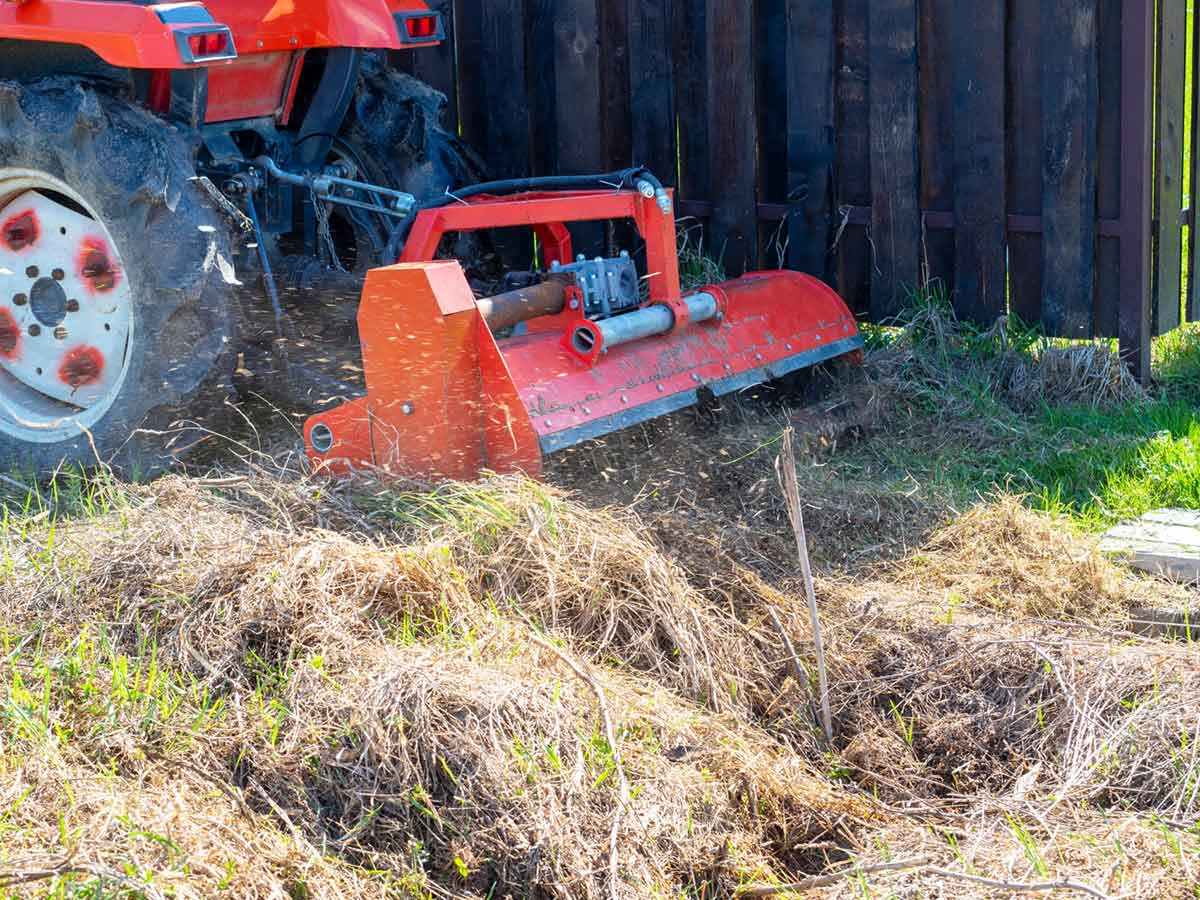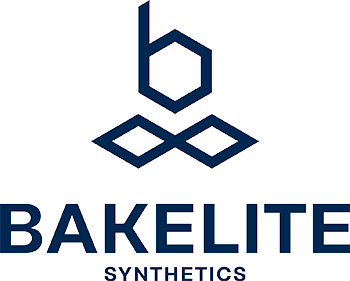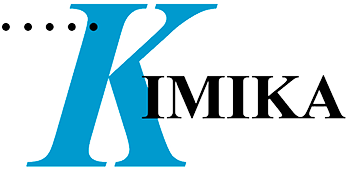BIOFURFURAL
LOCAL BIOMASS FOR RESINS INTENDED FOR THE FOUNDRY INDUSTRY
Furfuryl alcohol is used as a monomer to synthesise furanic resins, which are essential in the foundry industry. This alcohol is manufactured through the hydrogenation of furfural, which in turn is produced from waste biomass, mainly from maize crops or sugar cane bagasse. At present, 100% of the furfuryl alcohol consumed in the Basque Country comes from imports from China. Although alternatives exist, such as producers in South Africa and the Caribbean linked to the sugar cane industry, they are not economically competitive. This means that alcohol-consuming companies are highly dependent on the Asian market, which is notoriously volatile and dependent on the seasonality of harvests and their use as fuel.
The challenge of this project lies in clarifying the technical and economic feasibility of producing furanic resins from furfuryl alcohol using the biomass sources available in the Basque Country: mainly pruning or forestry crop residues, or by-products from the paper industry. The goal is to reduce dependence on imports and strengthen sustainability and the local economy by using the biomass resources already available in the Basque Country"
BIOFURFURAL seeks to study the feasibility of setting up a plant for the production of furfuryl alcohol from biomass in the Basque Country, which will enable local and/or surrounding forest waste to be recovered and furfuryl alcohol to be produced. This is an initial analysis step from a competitive environmental monitoring point of view.
The furfuryl alcohol market has developed considerably due to the growing demand for furan resins and in the formulation of thermoset polymer matrix composites, cement, adhesives, coatings and casting resins. There is constant and high demand in Europe, and the production of its own furfuryl alcohol will enable the chemical industry and other Basque sectors to be more competitive, complying with the REACH regulation, the strategies of the European Green Deal and the New Chemicals Strategy. In order to reduce risks and diversify the plant's capacity, the potential production of other compounds from furfural, which may be more profitable and offset Asian competition from furfuryl alcohol, has also been studied.
The technical feasibility verified in the literature depends on the nature of the vegetable waste used in the first transformation and the processes in order to extract them, which could affect the economic feasibility. Preliminary results on technical and economic feasibility have been positive. The next step is to apply for an R&D&I project through the Basque Government's Bioeconomy Innovation Projects line.


The design of the BIOFURFURAL project has been supported technically and financially by IHOBE within the framework of the "ECOINNOVATION PROJECT FACTORY" initiative.









